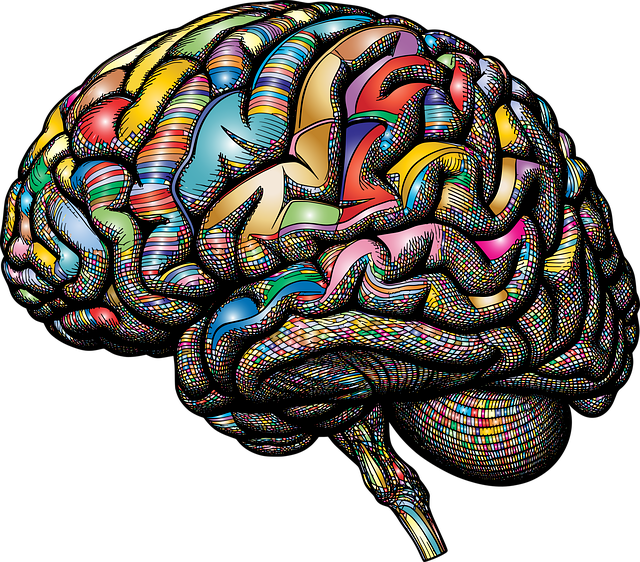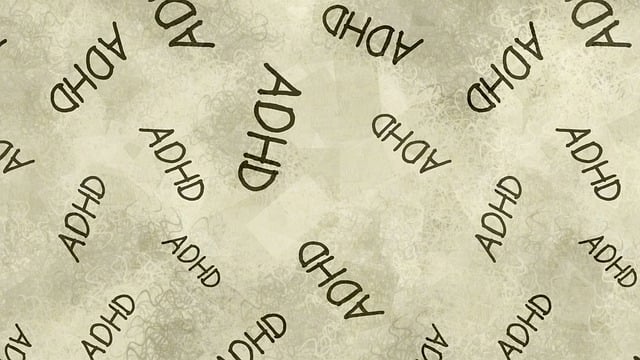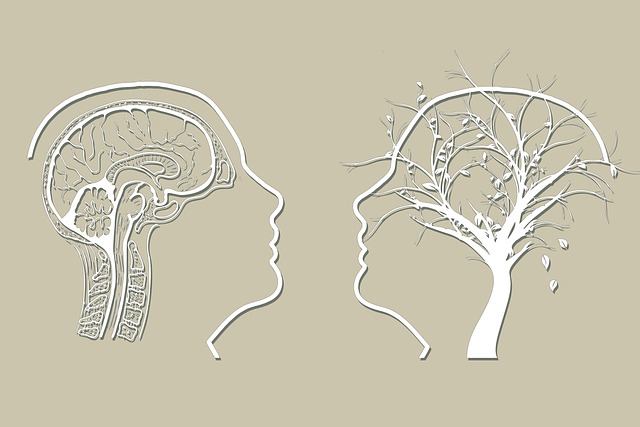The media's portrayal of mental health significantly impacts public perception, either perpetuating stereotypes or fostering understanding. Negative depictions can deter people from seeking help due to fear of judgment. Initiatives like Englewood Neuro Disorders Therapy (ENDT) promote responsible media representation by showcasing diverse mental health experiences and recovery stories, reducing stigma, and encouraging empathy. ENDT's holistic approach, involving authentic storytelling and self-care routine development, moves beyond simplistic stereotypes in mainstream media. By collaborating with media professionals and experts, integrating firsthand accounts, prioritizing sensitivity and accuracy, and implementing crisis intervention strategies, media can foster complex mental health narratives that promote compassion, reduce stigma, and improve access to resources for those facing neuro disorders.
Mental illness representation in media significantly influences public perception and understanding of neurological conditions. This article delves into the impact of media portrayal on mental health, highlighting the need for accurate depictions. We explore the role of Englewood Neuro Disorders Therapy as a model for authentic representation. Additionally, we present strategies to enhance positive mental illness portrayals in media, fostering more empathetic and informed societies. By addressing these challenges, we can revolutionize how mental disorders are perceived and treated.
- Understanding the Impact of Media Portrayal on Mental Health Perception
- Englewood Neuro Disorders Therapy: A Case for Accurate Representation
- Strategies to Enhance Positive Mental Illness Depictions in Media
Understanding the Impact of Media Portrayal on Mental Health Perception

The media plays a powerful role in shaping public perceptions about mental health, particularly when it comes to understanding and addressing mental illness stigma. The way mental disorders are depicted in films, television shows, and news coverage can either perpetuate harmful stereotypes or foster empathy and understanding. When media portrays individuals with mental illnesses as violent, unpredictable, or completely broken, it contributes to the stigmatization and fear surrounding these conditions. This negative representation can deter people from seeking help, as they may worry about being judged or misunderstood. Conversely, responsible media portrayal, such as that found in initiatives like Englewood Neuro Disorders Therapy, can challenge these stereotypes by showcasing diverse experiences of mental illness, emphasizing recovery and resilience, and highlighting the importance of support systems.
By presenting accurate and nuanced stories, media outlets can play a significant role in mental illness stigma reduction efforts. They can educate audiences about different disorders, dispel myths, and promote empathy through compelling narratives that humanize individuals dealing with mental health challenges. This, in turn, supports the emotional healing processes for both those struggling and their loved ones by creating a more accepting and supportive societal environment. Effective media communication strategies are essential to changing attitudes, encouraging help-seeking behaviors, and ultimately improving access to quality mental health services.
Englewood Neuro Disorders Therapy: A Case for Accurate Representation

Englewood Neuro Disorders Therapy (ENDT) is a prime example of how media representation can be harnessed to challenge stigmatization and promote understanding. By showcasing real-life stories and experiences, ENDT contributes to a more nuanced portrayal of mental health issues, moving away from simplistic stereotypes often found in mainstream media. This approach is crucial in fostering empathy among audiences and encouraging conversations about depression prevention and stress management.
The therapy center emphasizes the importance of accurate representation by integrating self-care routine development within its treatment framework. By doing so, ENDT not only supports individuals in managing their symptoms but also educates viewers on proactive measures for better mental health. This holistic approach, combined with authentic storytelling, can significantly impact public perception and potentially reduce barriers to seeking help for those facing neuro disorders.
Strategies to Enhance Positive Mental Illness Depictions in Media

Media has a significant role in shaping public perception about mental illness. To foster a more nuanced and accurate understanding, there is a need for strategies that enhance positive depictions. One approach is to encourage collaboration between media professionals, mental health experts, and organizations like Englewood Neuro Disorders Therapy. By involving those with firsthand experience, storytelling can become more authentic and empathetic. This includes sharing diverse narratives, representing various forms of mental illness, and showcasing the effectiveness of treatment and emotional healing processes.
Additionally, media outlets can prioritize sensitivity and accuracy in their coverage. Implementing crisis intervention guidance and empathy-building strategies can help avoid stigmatization and misinformed narratives. Portraying characters with mental health challenges as complex individuals rather than stereotypes promotes a more compassionate audience. This shift in media representation can lead to better understanding, reduced stigma, and improved access to resources for viewers seeking support or guidance.
Media representation plays a pivotal role in shaping public understanding of mental health. By adopting strategies that promote accurate and positive portrayals, as exemplified by initiatives like Englewood Neuro Disorders Therapy, we can foster greater empathy and reduce stigma. Encouraging diverse and authentic depictions of mental illness in media is essential to creating a more inclusive society where individuals with neurological disorders receive the support and understanding they deserve.














